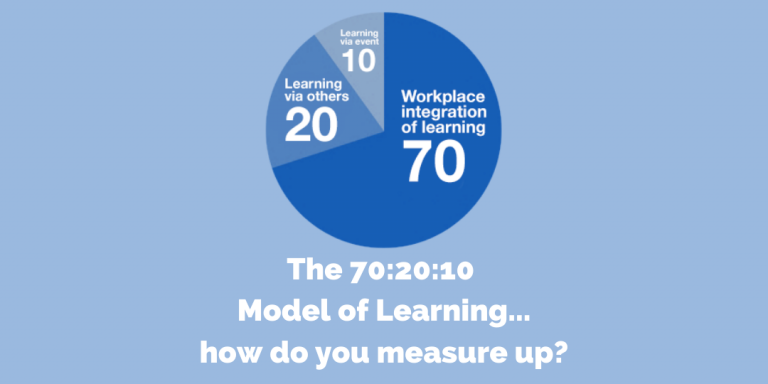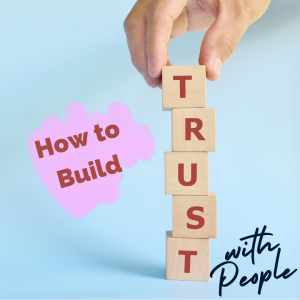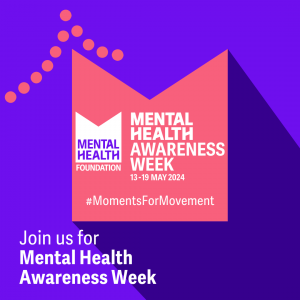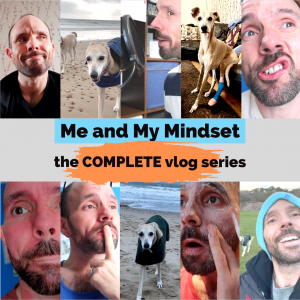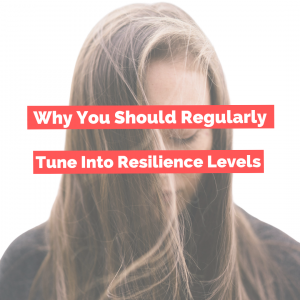On-the-job, from others or through formal learning; take time to reflect on 70:20:10 and where your development comes from.
The 70:20:10 model of learning embraces the idea that:
70% of learning happens on the job,
20% of learning happens from those around us and
10% of learning is done through formal training and education programmes.
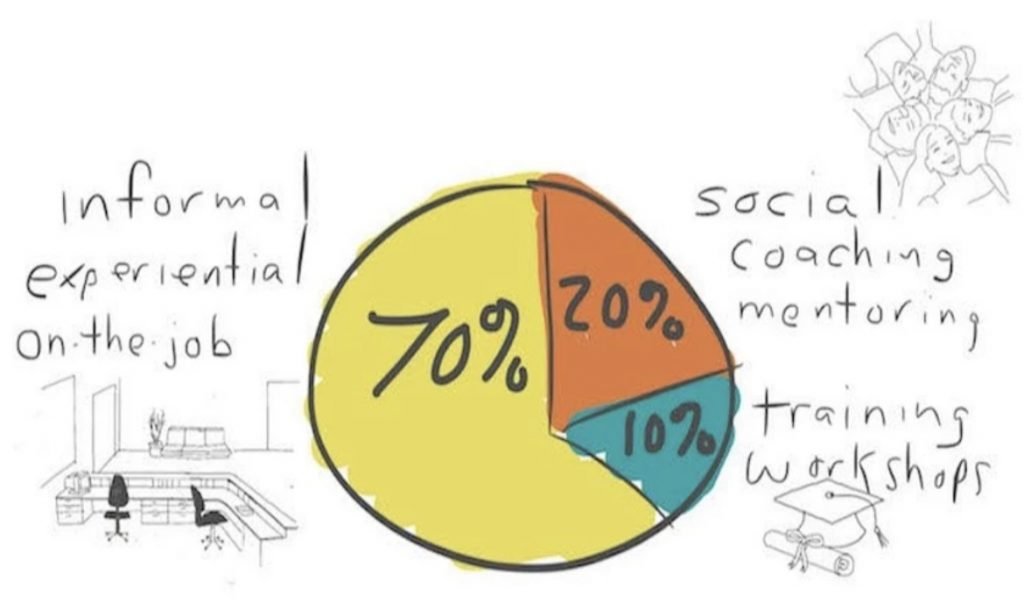
We forget more than we remember!
In 1885 Hermann Ebbinghaus studied the memory and found that within 20 minutes people forget more than 40% of what they learned and within an hour people forget about 56% of what they have learned and from there the ability to recall gets worse. It isn’t that we don’t want to learn, it is simply that our brains just aren’t that great at retaining information that we don’t use or practice in the time immediately after learning it.
On-demand learning (the 70 of 70:20:10)
This weakness in our brains means that one of the best ways to learn is on-demand, right when you can use it and practice it. This is why it is effective to use a model where 70% of the learning is in the moment and hands on. When companies get this right, they see a shift towards greater productivity and a lowering of the cost of and increased return on investment from development.
Learning from others (the 20 of 70:20:10)
The 20% of learning from those around us is invaluable (e.g. peers, co-workers, managers, coaching, feedback, mentoring, etc). This isn’t something that an organisation should force, but instead allow to happen naturally with a culture of collaboration and knowledge sharing. When we know that we can rely and fall back on the experience of others, we are more confident and willing to push our boundaries to learn more effectively.
The importance of formal learning (the 10 of 70:20:10)
Though formal learning accounts for the final 10% of the model, it is still vital and important…but of course it needs to be quality learning with clear objectives and content that achieves them. Key to the formal learning, and most forgotten, is how it links to the 70% and 20% in terms of applying learning on-the-job and working with others to apply, embed and reflect on learning.
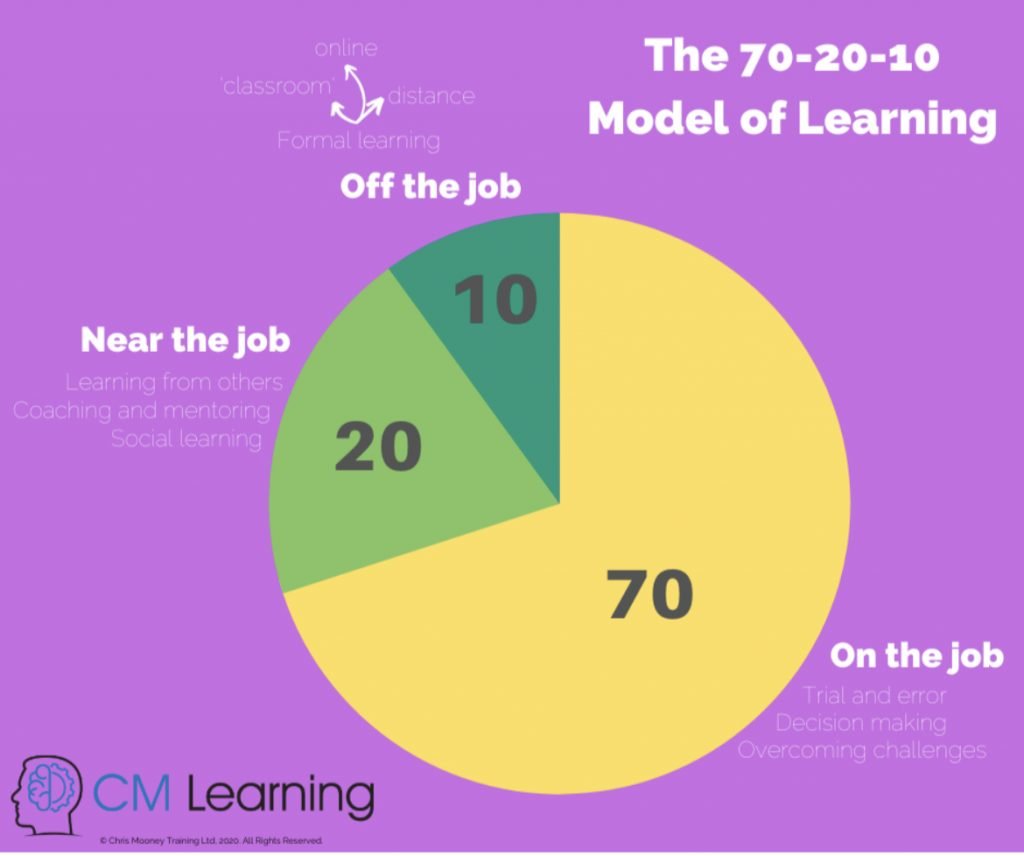


What do you do to develop yourself in these areas:
70% – Learning from experience (trial and error, etc)
20% – Learning from others (feedback, exchange of experiences, etc)
10% – Learning from formal training and development
If you would like to hear more on 70:20:10 from Charles Jennings, founder of the 70:20:10 Forum, watch this great video from Fuse Universal.

